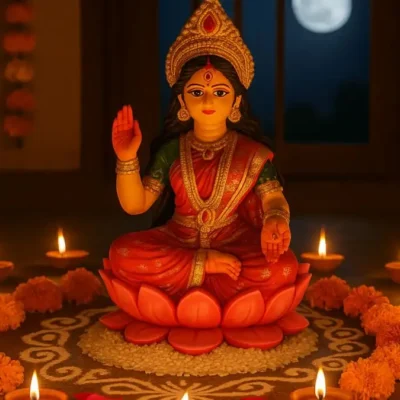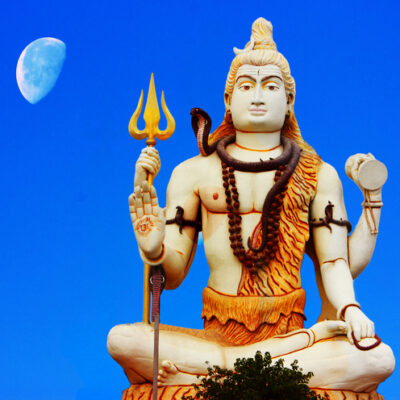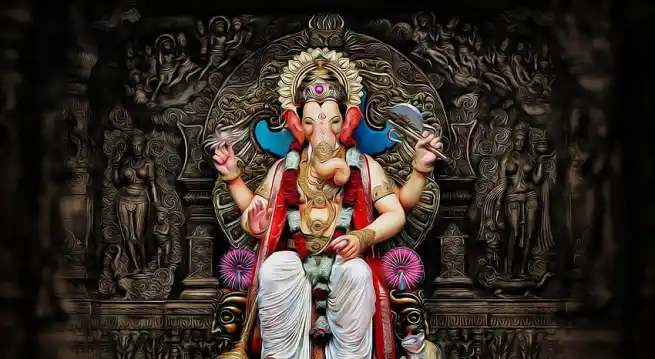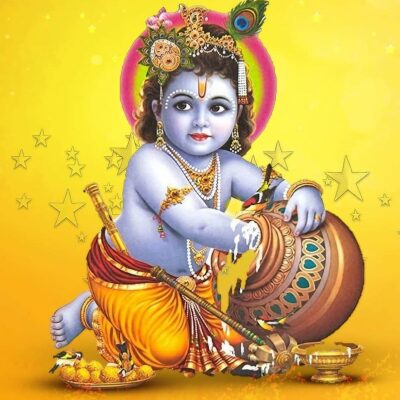Gaundar Madhyamaheshwar Temple (Panch Kedar) – Uttarakhand
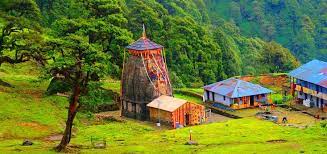
Address
Gaundar Madhyamaheshwar Temple (Panch Kedar)- Madhyamaheshwar Temple Trek road, Gaundar Village, Garhwal district, Uttarakhand 246469
Deity
Madhyamaheshwar
Introduction
- Location: Madhyamaheshwar Temple is situated in the Garhwal Himalayas, in the village of Goundar, Uttarakhand, India. It stands at an elevation of 3,497 meters (11,473 feet) above sea level and is an essential part of the Panch Kedar pilgrimage circuit.
- Significance: This temple is dedicated to Lord Shiva and represents the middle (madhya) or belly part (nabhi) of Lord Shiva, making it a significant pilgrimage site for devotees seeking spiritual blessings and experiencing the natural beauty of the Garhwal Himalayas.
Puranic Significance:
- Panch Kedar Temples: Madhyamaheshwar is one of the five temples in the Panch Kedar pilgrimage circuit. The other temples are Kedarnath, Tungnath, Rudranath, and Kalpeshwar. Each temple represents a different part of Lord Shiva’s body.
- Legend of the Pandavas: According to the legend, the Pandavas from the Mahabharata sought Lord Shiva’s forgiveness for their sins. Lord Shiva, avoiding them by assuming the form of a bull, was eventually discovered in the Garhwal region. His body parts reappeared at five locations, including Madhyamaheshwar, where his navel and belly are believed to be.
- Construction and Mythology: The temple is said to have been built by the Pandavas. It features a navel-shaped Shiva Lingam and smaller shrines dedicated to Parvati and Ardhanarishwara. It is believed that Bhima, one of the Pandava brothers, played a significant role in constructing and worshiping at this temple.
Special Features:
- Vriddh-Madmaheshwar Temple: An older shrine known as Vriddh-Madmaheshwar, located on a ridge, offers panoramic views of the Chaukhamba Mountain peaks and holds historical and architectural significance.
- Current Temple: The main temple houses a navel-shaped Shiva Lingam made of black stone, representing Lord Shiva’s middle part. It is the primary focus of worship in the temple.
- Smaller Shrines:
- Parvati Shrine: Dedicated to Shiva’s consort, Parvati.
- Ardhanarishwara Shrine: Represents the combined form of Shiva and Parvati, symbolizing the union of male and female energies.
Festivals:
- Mahashivratri: The temple celebrates Mahashivratri with devotion and festive activities, drawing pilgrims from various regions to participate in the rituals and seek blessings.
Century/Period/Age
1000- Years old
Managed By
Archaeological Survey of India (ASI)
Nearest Bus Station
Uniana
Nearest Railway Station
Rishikesh Station
Nearest Airport
Jolly Grant- Dehradun

